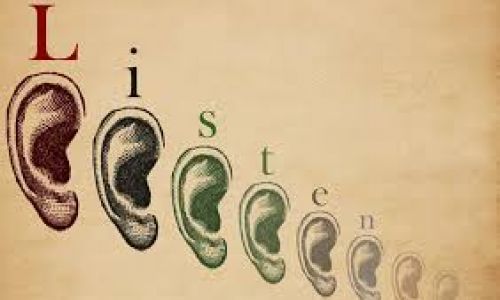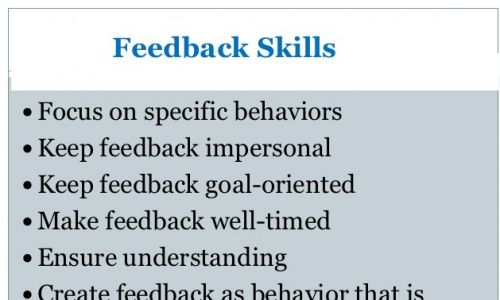Ho, a silly question! Have you ever been interrupted?
How do you feel when it happens? Most people say they feel frustrated and disrespected by the other person. Psychologically, their self-worth goes down, as they feel the other person cares more about their own point of view than yours. And you know how you feel when you’re around a person who dominates the conversation, thinking that everyone is hanging on their every word, when the reality is often quite a lot different!
So if you feel frustrated and disrespected when someone interrupts you, how can you stop yourself doing it to others? How can you show really good listening skills that make the other person feel good about themselves and, therefore, you too?
The normal, untrained listener is likely to understand and retain about half of a conversation, and about 48 hours later this figure halves again. So your recall of the details of a conversation from more than a couple of days ago is sketchy, incomplete and usually inaccurate.
So what can you do to improve your listening skills? This section covers how to concentrate better.
To concentrate, you need to get rid of distractions, both internal and external. There are basically three barriers to good listening: External environment, external speaker-related and internal listener-related.
External environment barriers include noises in the room, other people speaking, poor acoustics, too hot, too cold, visual distractions, tv or radio in the background.
Speaker-related barriers can include their accent, tone of voice, volume, grooming, mannerisms, words repeated because of nervousness (um, err, like, you know what I mean, etc), poor body language or facial expressions.
Listener-related barriers include physical barriers like hunger or near to leaving time, headache, tiredness, pressure, pain or discomfort and psychological barriers like your inner voice talking to you while the other is talking. We think approximately four times quicker than we speak, so it’s not unusual for your thoughts to go racing off when someone is speaking.
Firstly assess whether any of these barriers are within your control or not. Could some of the external distractions be reduced? If possible, choose a time and location where you can concentrate more effectively. You’ve probably got little control over the speaker-related issues. Your listener-related issues fall somewhere in between.
What can you do to concentrate and focus on the other person, so you reduce the urge to interrupt?
Stop whatever you’re doing: If you’re in the middle of something, it’s virtually impossible to pay full attention to what the other person is saying. So, stop typing that email, watching that program, reading that magazine. If it’s not a convenient time, tell the other person that you’ll be a few minutes then you can give them the attention they deserve.
Breathe! Yes, this is a good technique that will assist you in resisting the pressure to interrupt and will make you listen more attentively. Try it now…take in a long, deep breath and, at the same time, try to talk! At best, you sound like you’re on helium!
Paraphrase: Mentally paraphrase what the person is saying. This will prevent you from drifting off onto another subject in your mind. Try to evaluate, rephrase, anticipate and review what the person is saying, so you concentrate on them, not you.
Maintain eye contact: Remember the ‘hitchhiking theory’. Where your eyes focus, your ears will follow. Whatever you are looking at and focusing on, you are more likely to listen to it.
Try out these three techniques for focusing and concentrating whenever you find yourself failing to listen effectively and you’ll soon improve your active listening skills.
Thanks MTD Tips



